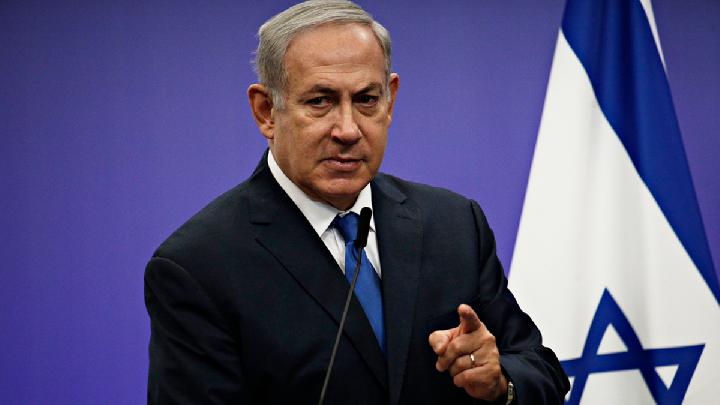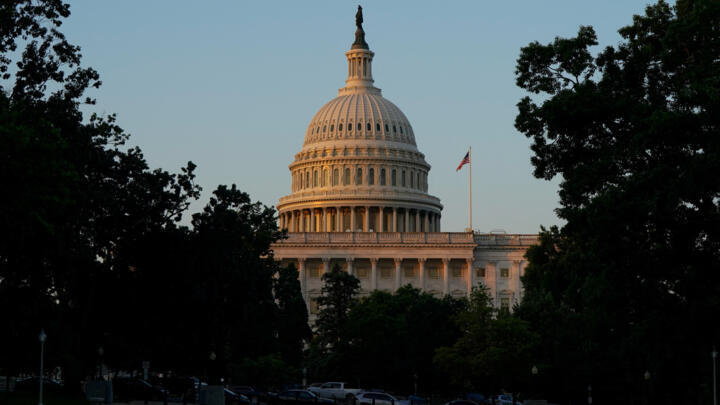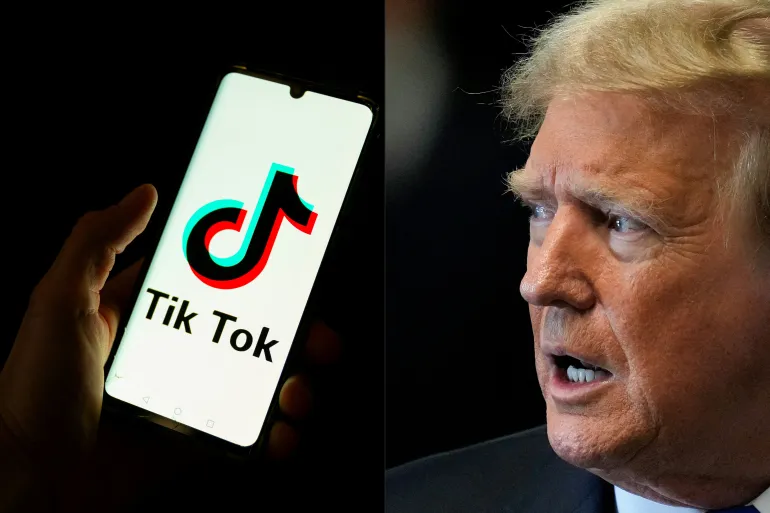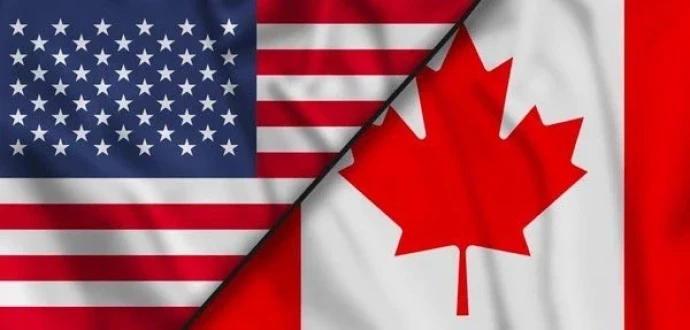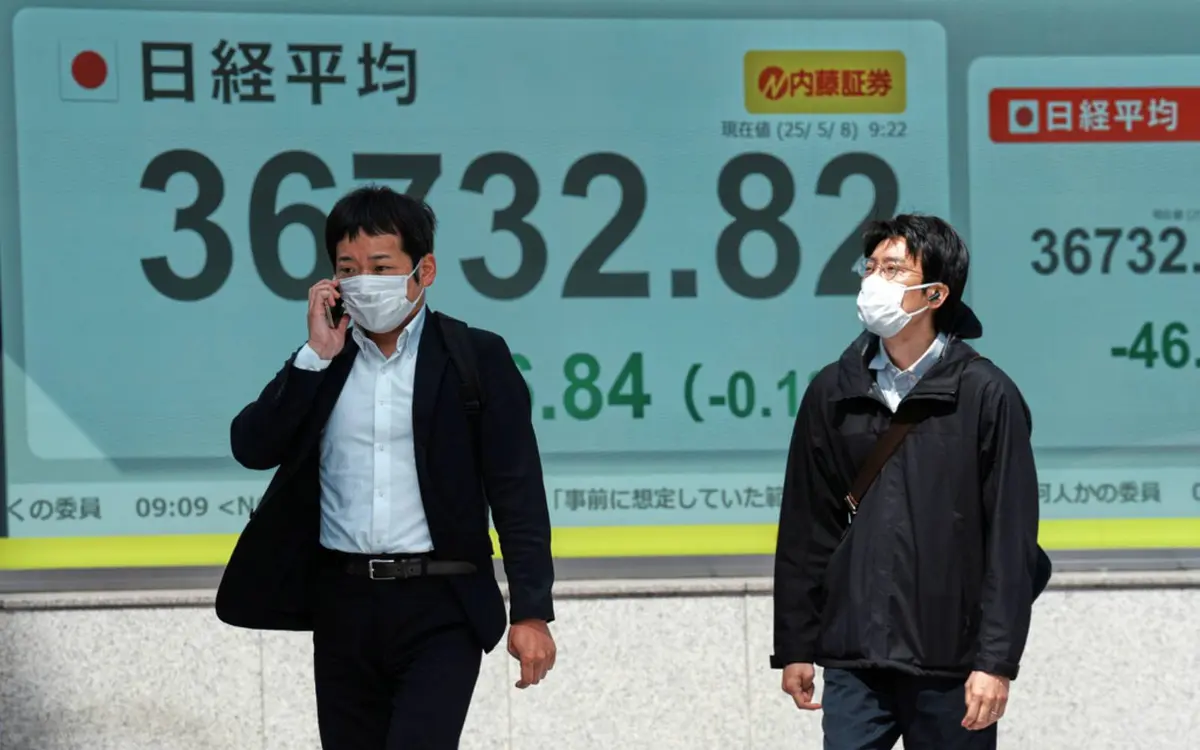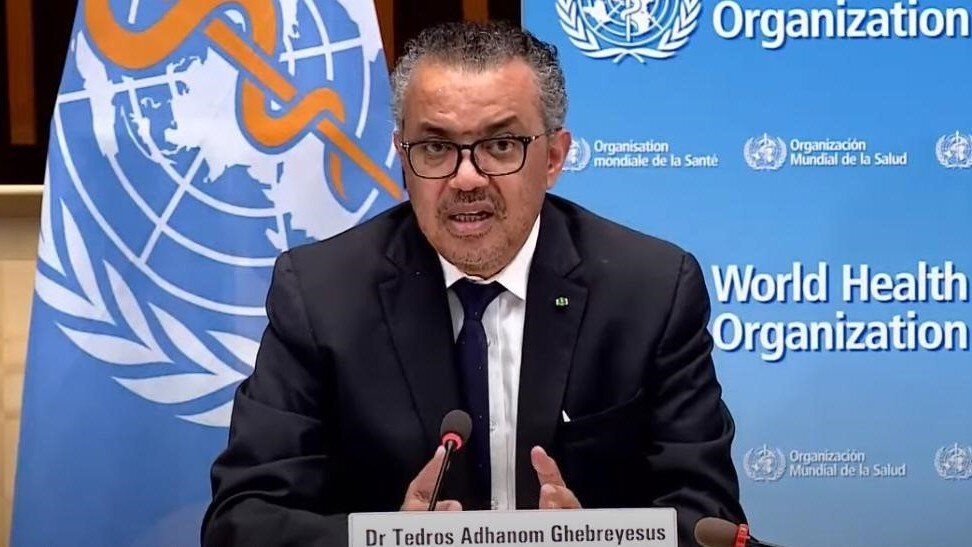By Ayomide Otitoju
Parliamentarians from around the world convened at the UNITE Global Summit in Berlin, signing a pivotal statement endorsing the World Health Organization (WHO) Pandemic Agreement. This collective commitment aims to enhance pandemic preparedness, response, and equitable health access globally.
Ricardo Baptista Leite, President of UNITE, emphasized the vital role of parliamentarians in public health. “The WHO Pandemic Agreement presents a historic opportunity to prevent pandemics and bolster our global preparedness,” he stated. “By signing this statement, we affirm our support for the agreement and pledge to uphold its principles of equity, solidarity, and cooperation across nations.”
This year’s UNITE Global Summit, held in collaboration with the World Health Summit, gathered global parliamentarians, civil society leaders, and health experts. The summit aims to translate discussions into actionable policy priorities, focusing on key health challenges through four main pillars: Human Rights & Equitable Access to Health, Global Health Architecture & Security, Strengthening Healthcare Systems, and Sustainable Financing for Health. The signing of the Global Parliamentary Statement in Support of the Pandemic Agreement is a significant highlight, underscoring the crucial role parliamentarians play in ensuring global health security.
Currently under negotiation among WHO Member States, the Pandemic Agreement seeks to address the gaps exposed by the COVID-19 pandemic and other disease threats. Its goal is to enhance global collaboration on pandemic prevention, preparedness, and response. The statement reflects parliamentarians’ dedication to ensuring equitable access to necessary resources, including vaccines and medical supplies, for all countries, particularly those with fewer resources.
WHO Director-General Dr. Tedros Adhanom Ghebreyesus welcomed this parliamentary support, calling the Pandemic Agreement “a once-in-a-generation opportunity” to establish a more equitable and prepared global health system. “By signing this statement, parliamentarians show their commitment to protecting lives and ensuring equitable access to health tools for every country,” he noted.
The Global Parliamentary Statement outlines four key commitments:
Equity at the Core: Ensuring equitable access to pandemic-related health tools based on public health needs.
Global Solidarity: Enhancing international cooperation to build resilient health systems capable of preventing and responding to pandemics.
Legislative Action: Advocating for the ratification and implementation of the Pandemic Agreement in national legislatures.
Combating Misinformation: Providing communities with evidence-based health information to counter misinformation.
Baptista Leite reiterated the necessity of collective action: “The challenges we face demand a global response. No single country can combat pandemics alone. The WHO Pandemic Agreement is crucial for equipping nations to address future health threats.”
The agreement seeks broad international support from governments, global health organizations, and civil society, emphasizing the understanding that pandemics cross borders and global solidarity is essential for safeguarding health. It also highlights the need for sustainable financing, research, and capacity-building to ensure effective responses to health emergencies.
Parliamentarians are committed to working closely with WHO and other international organizations to implement the Pandemic Agreement in ways that benefit all nations, particularly those with limited resources. The statement signed in Berlin is expected to catalyze global parliamentary action, fostering collaboration and solidarity among nations.

